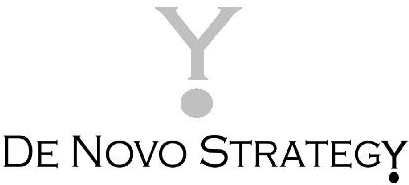As the shake-down in the financial services industry continues, traditional banks may find themselves losing customers to healthcare providers.
Health insurer WellPoint Inc. recently received conditional approval from the FDIC to open ARCUS Bank, which will be a Utah-chartered industrial loan company (ILC). The approval was obtained despite an FDIC moratorium on deposit insurance applications for ILCs that would be operated by firms which participate in non-banking business activities. The underwriting and selling of health plans by WellPoint wasn't the problem; it was the company's retail activities, primarily pharmacy services and disease management operations.
WellPoint appealed to the Federal Reserve Bank to get around the moratorium, arguing that the company is, first and foremost, a financial services provider. The Fed agreed, with the stipulation that WellPoint has to keep its pharmacy and disease management revenues in check-specifically, less than 15 percent of total sales.
WellPoint isn't the only health insurer that's moving into the banking industry. OptumHealthBank, which is part of the UnitedHealth Group (NYSE: UNH), has been providing "health care banking" services since 2005. And last year, a group of Blue Cross and Blue Shield Association member plans chartered Blue Healthcare Bank. Blue Healthcare Bank's mission is to "help participating Blue companies offer their members state-of-the-art healthcare savings and payment options...facilitating members' choice of high-quality, self-directed accounts..."
Vertical integration
It is the growing popularity of high-deductible health plans (HDHP) that's driving these health insurers into the banking business. HDHPs generally charge lower premiums in exchange for coverage that doesn't kick in until a very high deductible is met. Having an HDHP gives the insured the right to maintain a tax-advantaged savings account to hold funds that are earmarked for healthcare expenses. So-called health savings accounts (HSAs) share characteristics with IRAs: contributions can be invested in securities and the earnings are tax-free until the money is withdrawn.
The company providing the HSA has the opportunity to collect account fees, management fees, investing fees, etc. OptumHealthBank, Blue Healthcare Bank and Arcus Bank believe that offering HSAs and related financial services is just a natural extension of their current health insurance offerings; they're simply providing another tool to help their customers manage ever-rising healthcare expenses.
The evolution of banking
For the traditional banking industry, this development presents yet another argument for banks to reassess their innovation efforts. Customers need to have a compelling reason to choose one service provider over another. For some, a negative perception of the traditional banking industry may be enough. Traditional banks stand to lose out on HSA-related revenues and, possibly, revenues related to other financial services as well. Now, and for the foreseeable future, the pressure is on banks to develop strategies that will drive innovation, develop new and improved products and services, and enhance efforts to build deep, lasting customer relationships.


